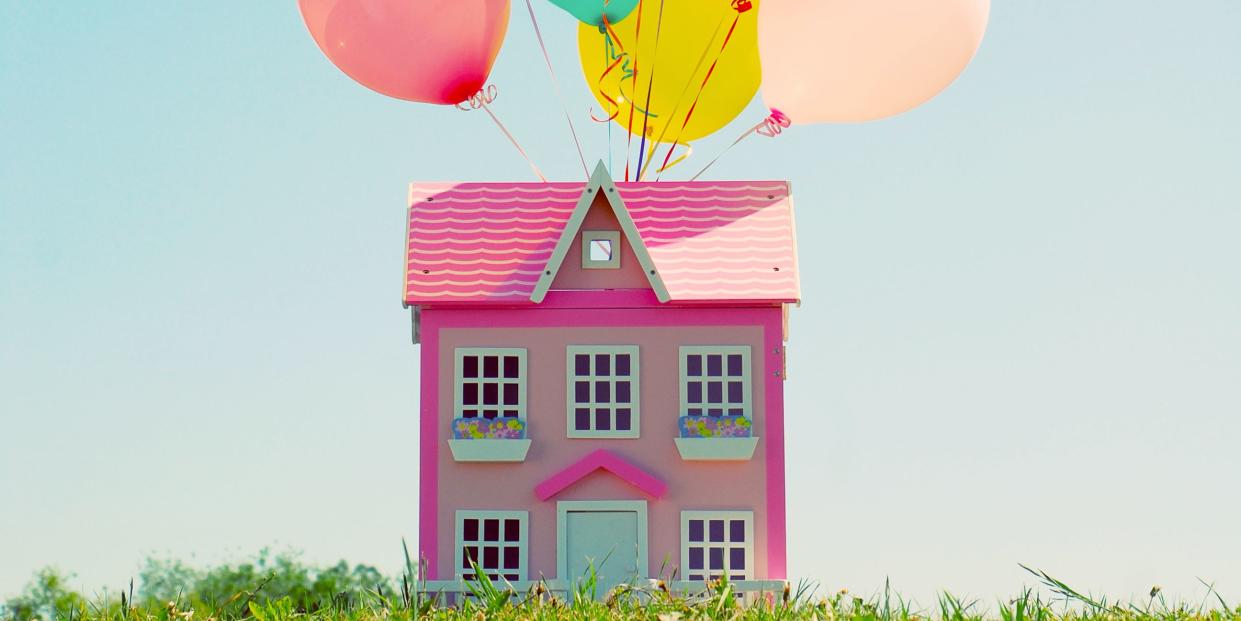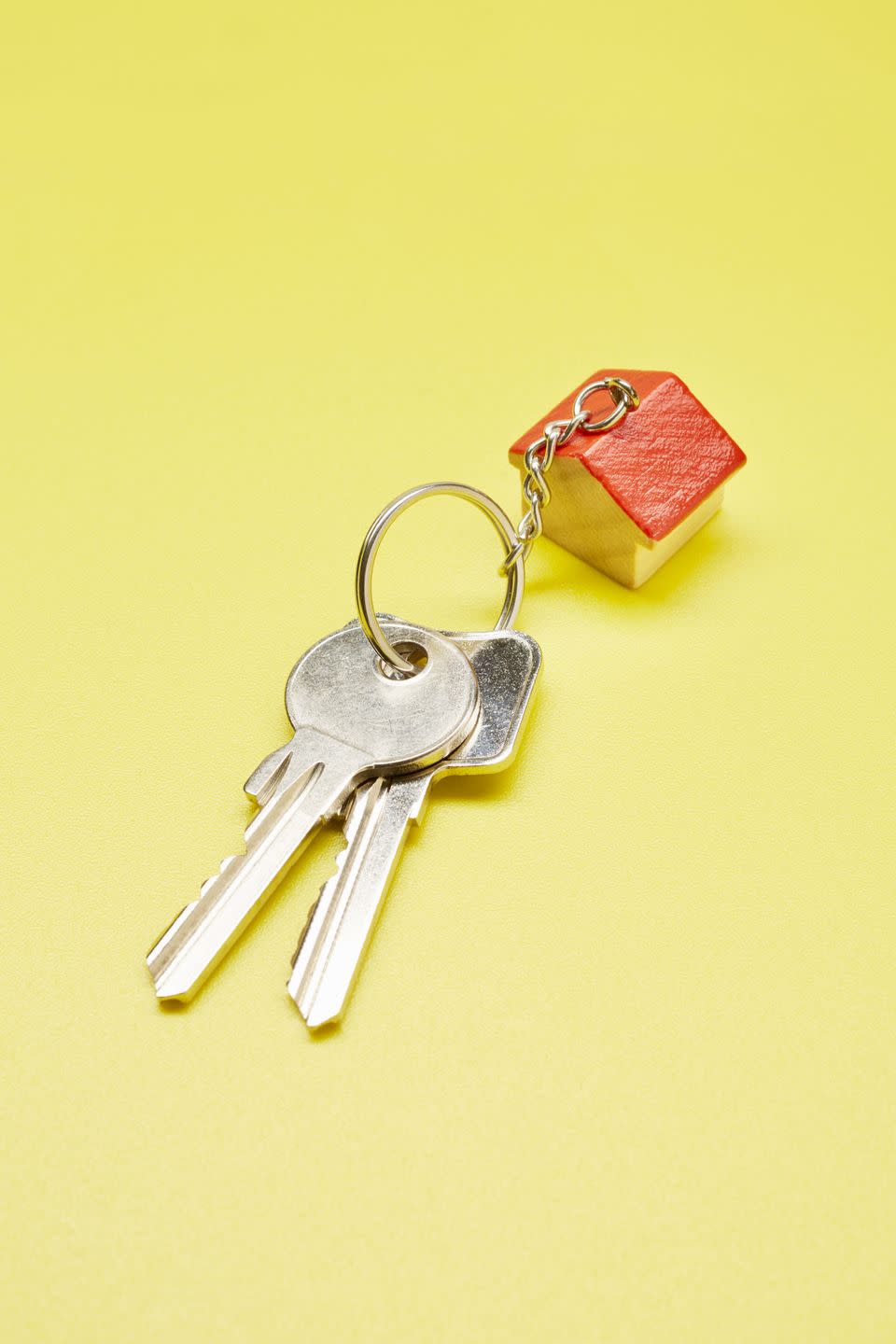If you were thinking of buying a house, now is the time to do it

It's not easy getting on the property ladder these days, with house prices sky high and expensive renting costs making it all the harder to save. But if you're hoping to be in a position to buy a house some time soon, now might be the time to do it. Why? Because the stamp duty holiday has been extended, waiving fees on properties up to £500,000 and it'll mean savings in the thousands for many property buyers.
Chancellor Rishi Sunak today delivered his Budget, which outlined how he proposes to turn the economy around following the damage the coronavirus pandemic continues to cause. One of the key announcements was that stamp duty - which is usually paid on land or property costing £125,000 or more - will continue only to come into play after the first £500,000 of a property. The 'stamp duty holiday,' as it's termed, will be extended for another three months until the end of June.
What is stamp duty?
Stamp duty is a tax paid in England and Northern Ireland (there are slightly different systems in Scotland and Wales) when you buy a house or a piece of land. The name comes from the physical stamp you used to get when you'd pay it, although they've modernised the system somewhat now.
Stamp duty must be paid by home-buyers within 14 days of completing on their property. Outside of the COVID-induced exemptions, first-time buyers already get a stamp duty holiday on properties up to the value of £300,000, and they then pay 5% on any portion of the property between £300,000 and £500,000, and so on. For non-first-time buyers, the stamp duty rates are typically as follows according to the value of the house:
£0 - £125,000 = 0%
£125,001 - £250,000 = 2%
£250,001 - £925,000 = 5%
£925,001 - £1.5m = 10%
£1.5m and over = 12%
What is the change in stamp duty rules?
Under Rishi Sunak's change in the rules - which came into effect in July last year and were initially put in place until March 31, 2021 - house buyers of any type (first-time or not) are exempt from paying any stamp duty on the first £500,000 of their property. From that figure upwards, buyers will pay in accordance with the typical rates.
The Chancellor's latest announcement confirms that the starting rate of stamp duty will continue to be £500,000 until June 30, 2021, at which point the threshold will reduce to £250,000 until the end of September. From the start of October, stamp duty will return to the usual threshold, being paid on properties sold for more than £125,000.
The stamp duty holiday is already making a huge difference for house-buyers across the country. Sunak estimated on the unveiling of the scheme that on average, people buying a home would save £4,500 thanks to it. Those who already own a home but were thinking of buying elsewhere can a saving of up to £14,999.
Say, for example, you were a first-time buyer who wanted to purchase a £520,000 house (💰💰💰) you'd ordinarily be looking at a stamp duty bill of £11,000. But thanks to this temporary change in the rules, you'd only be expected to pay £1,000. That's some big savings you could plough into your deposit or home improvements. Just think of the Ikea trip...

What other announcements did Rishi Sunak make in his summer statement?
As well as the house-buying tax relief extension, the Chancellor also announced a minimum wage increase, to £8.91 an hour from April, and a £20 uplift in Universal Credit for a further six months. Rishi Sunak announced an allocation of £1.65 billion to support the UK's vaccination rollout, as well as £19 million for domestic abuse programmes, following a sharp increase in reports of abuse throughout the pandemic.
Sunak also confirmed that the furlough scheme will be continuing until September. While this is obviously good news for anyone who's currently maintaining a living this way, there have been some questions on social media about why it's being extended so long when we're hypothetically planning to lift all social restrictions on 21 June. But maybe that's a question for another day...
Follow Cat on Instagram.
Like this article? Sign up to our newsletter to get more articles like this delivered straight to your inbox.
You Might Also Like

